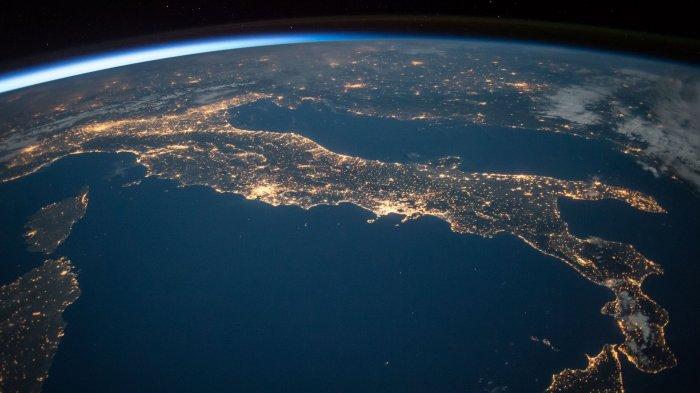“But it is dangerous for us humans and for the ecosystems we depend on. We have to stop it quickly,” he said.
In the coming months, scientists expect more record-breaking hot days due to the return of El Niño after a four-year absence.
In June, scientists said the phenomenon that causes the atmosphere to trap more heat had reappeared.
“World record temperatures are a combination of natural climate variability and underlying global warming trends,” said Paulo Ceppi, a scientist at London’s Grantham Institute.
The pattern describes how the oceans “breathe in” and “breathe out” heat every few years, Ceppi said.
“We are currently in a phase where the oceans are releasing heat into the atmosphere.”
“Looking ahead, unless we act urgently to reduce our greenhouse gas emissions to net zero, we can expect global warming to continue and therefore temperature records to be broken with increasing frequency,” Ceppi said.






